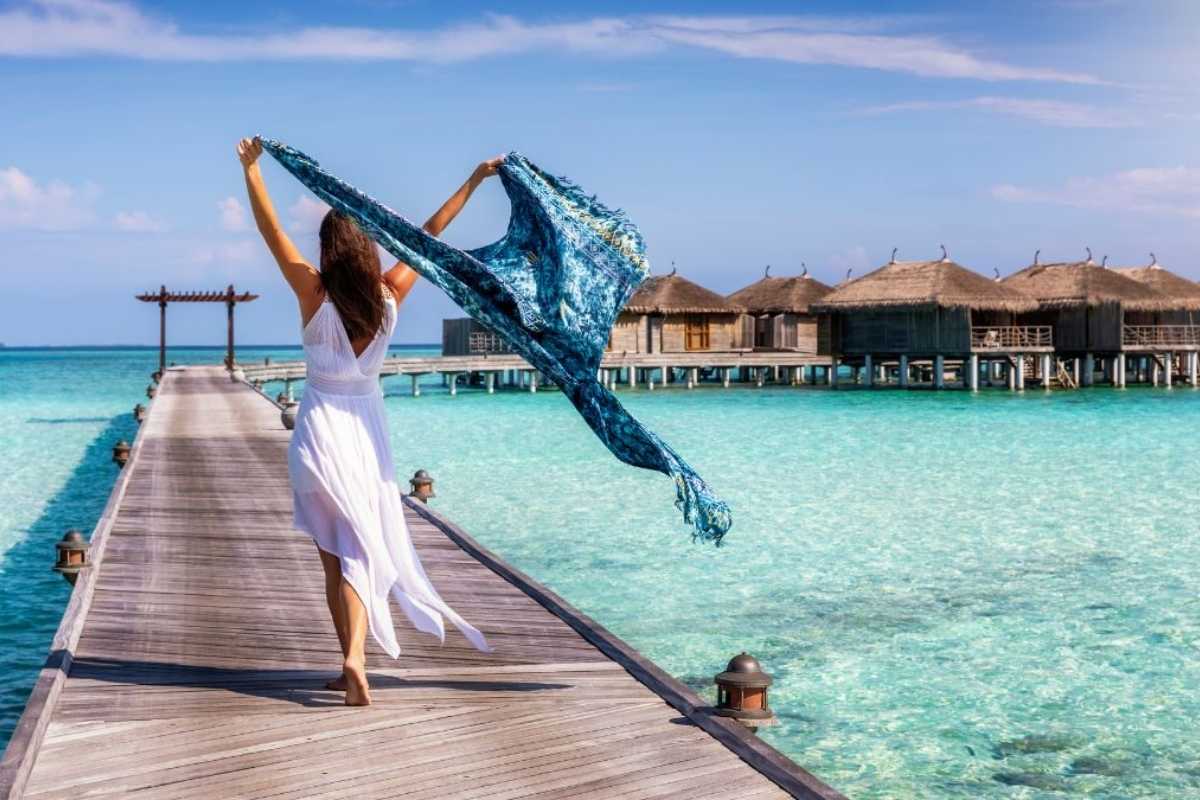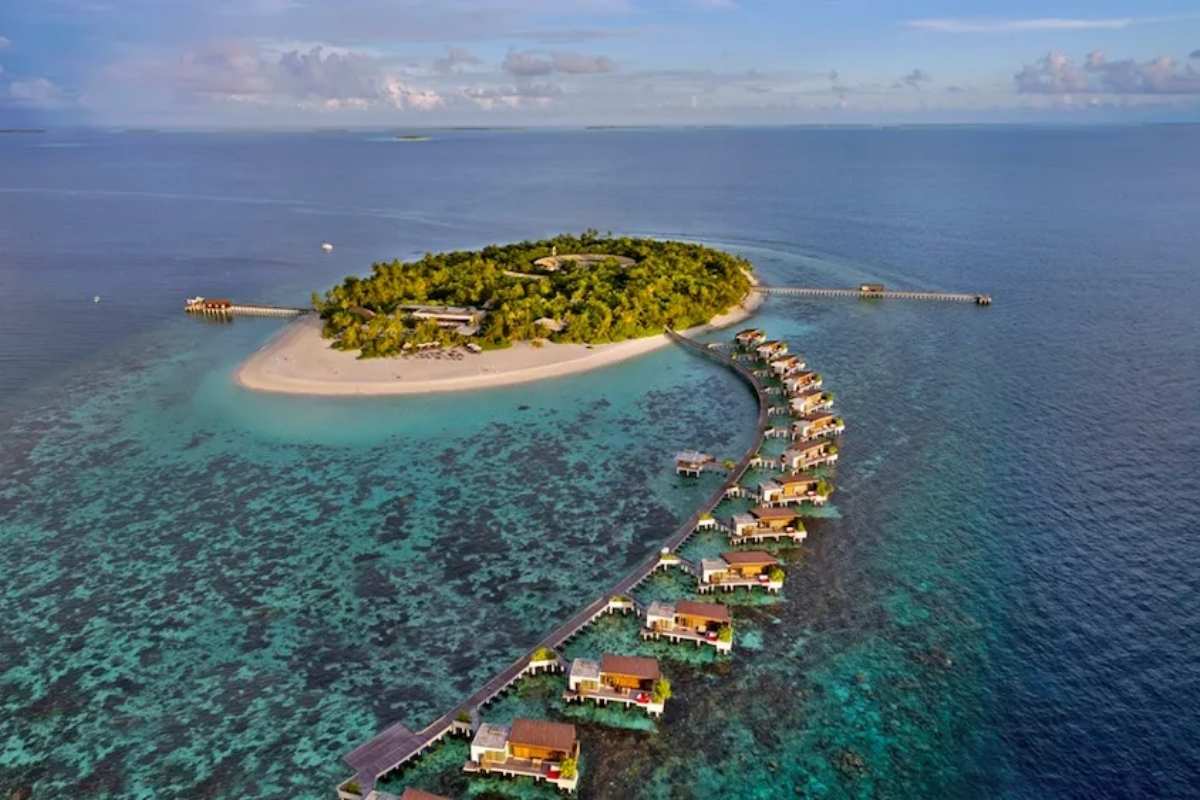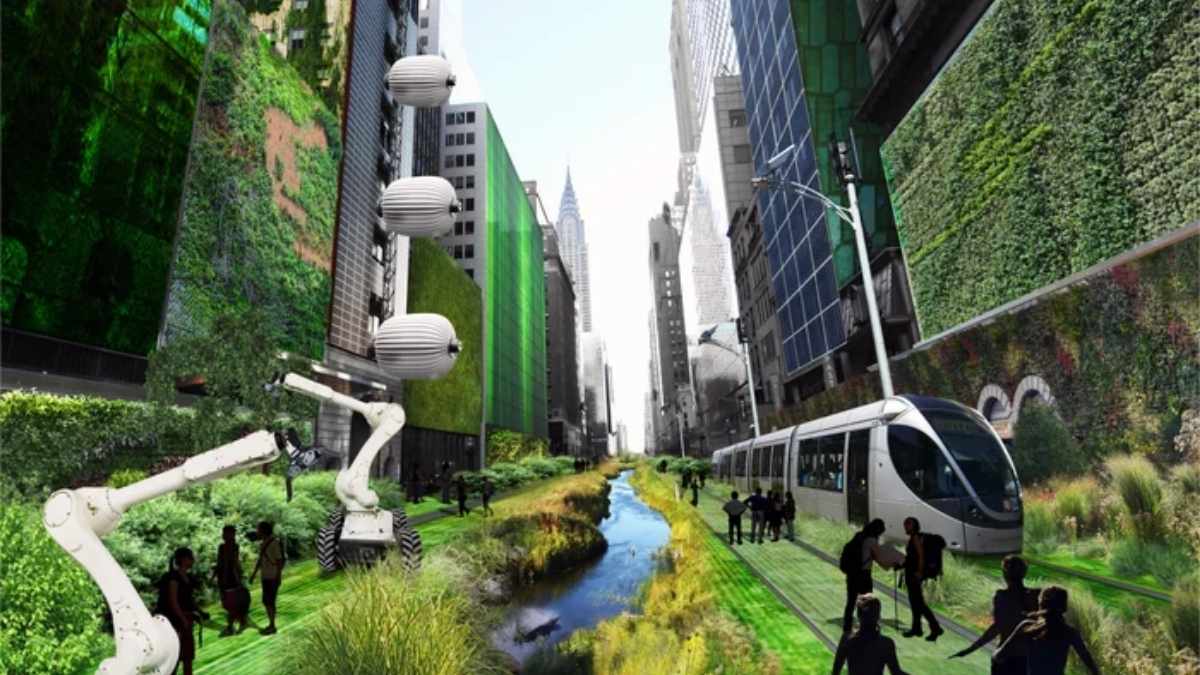Luxury travel has long been associated with indulgence, extravagance, and exclusivity. However, in the wake of climate change and increasing environmental consciousness, a new trend is emerging—eco-luxury escapes. This fusion of opulence and sustainability is redefining high-end tourism, offering travelers an opportunity to experience the best of both worlds. But what exactly is eco-luxury travel, and how is it reshaping the industry?
1. The Rise of Sustainable Luxury Travel
In recent years, discerning travelers have sought experiences that not only offer comfort and exclusivity but also align with their values of environmental and social responsibility. Luxury no longer means excess; instead, it embraces mindful consumption, ethical sourcing, and eco-friendly innovation.
- Conscious Consumerism: High-net-worth individuals and elite travelers are prioritizing eco-conscious destinations.
- Green Certifications: Hotels and resorts now seek sustainability certifications like LEED, EarthCheck, and Green Globe.
- Exclusive Yet Ethical: Luxury brands are integrating fair-trade, local artisanship, and organic materials into their services.

2. The Pillars of Eco-Luxury Escapes
The foundation of sustainable luxury travel is built on several key principles:
A. Eco-Friendly Accommodations
Luxury hotels and resorts are integrating sustainable architecture, renewable energy, and locally sourced materials to minimize their carbon footprint.
- Overwater villas in the Maldives with solar energy and rainwater harvesting.
- Treehouse-style eco-resorts in Costa Rica designed with minimal environmental impact.
- Luxury lodges in Africa that support wildlife conservation efforts.
B. Sustainable Fine Dining
Gourmet experiences are being reimagined with a focus on:
- Farm-to-table dining: Locally sourced organic ingredients reduce food miles.
- Zero-waste kitchens: Chefs are eliminating food waste through creative menus.
- Ethical seafood sourcing: Hotels are partnering with sustainable fisheries.
C. Low-Impact Transportation
Eco-luxury travelers are embracing greener ways to explore the world:
- Private electric yachts and hybrid supercars for sustainable mobility.
- High-end rail journeys, such as the Belmond Andean Explorer, reducing air travel emissions.
- Carbon offset programs for private jets and helicopter services.
D. Immersive Sustainable Experiences
Luxury travelers no longer seek just relaxation but meaningful engagement with nature and culture:
- Regenerative tourism: Activities that give back, such as coral reef restoration in the Maldives.
- Wildlife conservation safaris: Ethical safari lodges that support anti-poaching efforts.
- Cultural sustainability: Private tours with indigenous communities that empower local traditions.

3. Iconic Eco-Luxury Destinations
Some destinations have emerged as pioneers in the eco-luxury travel space:
- Bhutan: The world’s first carbon-negative country, where exclusive lodges blend sustainability with Himalayan charm.
- Norway’s Arctic Circle: Luxury glass igloos and eco-lodges under the Northern Lights with renewable energy sources.
- Bali’s Green Village: Handcrafted bamboo villas with zero-waste policies and permaculture gardens.
- Galápagos Islands: Ultra-exclusive eco-cruises that adhere to strict environmental guidelines.
- New Zealand: High-end lodges that run on solar energy and support local conservation efforts.
4. Challenges & Future Trends
While eco-luxury travel is on the rise, it faces challenges:
- Greenwashing: Some brands falsely claim sustainability credentials without substantial eco-friendly practices.
- Accessibility vs. Exclusivity: Sustainable luxury must balance exclusivity with broader environmental benefits.
- Carbon Footprint of Luxury Travel: The industry must continue to innovate in carbon offsetting and green technology.
Future Trends to Watch
- Biophilic Design: Integrating nature into luxury architecture for a seamless eco-experience.
- AI & Smart Tech: Automating sustainability practices in high-end resorts.
- Sustainable Space Tourism: Future eco-luxury escapes may include space travel with a focus on minimizing environmental impact.
Eco-luxury escapes prove that sustainability and sophistication can coexist. As high-end travelers seek more meaningful experiences, the industry must continue innovating to harmonize luxury with environmental and cultural preservation. The future of high-end tourism is not just about lavish accommodations—it’s about leaving a positive impact on the planet while indulging in life’s finest experiences.


